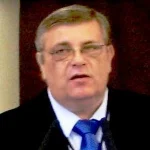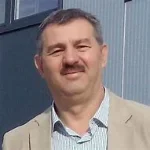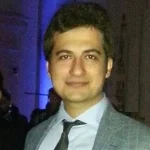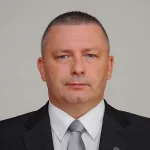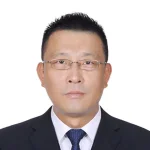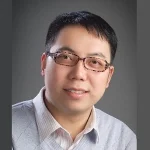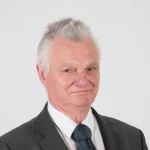60th International Conference on VIBROENGINEERING is an integral part of Vibroengineering Series Conferences and will be held in Resita, Romania.
The conference is dedicated to researchers, scientists, engineers and practitioners throughout the world to present their latest research results, foster discussion, new ideas and develop partnerships. It is integral part of the Series of Vibroengineering Conferences started in 1999. Vibroengineering Procedia is indexed in major scientific databases: Scopus, EI Compendex, Inspec, Gale Cengage, Google Scholar and EBSCO.
Vibroengineering conferences feature a broad range of high-level technical presentations, vibrant discussions and key experts and scientists from all over the world. The conference provides an opportunity to communicate your recent research advances, exchange ideas in innovative engineering technologies and enjoy endless networking advantages.
Organizing Comittee







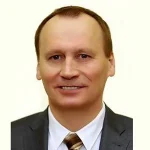



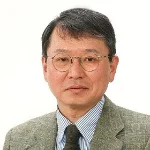




Conference Program
Sponsors and Partners
Conference in Resita, Romania was organized by Extrica with the partnership of Babes-Bolyai University of Cluj-Napoca and Technical Sciences Academy of Romania.

Babes-Bolyai University in Cluj-Napoca (UBB) is the first Romanian university to be granted 5 stars after the QS STAR international audit of the British company Quacquarelli Symonds (QS), the company responsible for the QS ranking of world universities, one of the highest standards among university rankings.

The Romanian Society of Acoustics.

Romanian Society of Theoretical and Applied Mechanics (SRMTA) is an association of scientists, researchers, professors, directors, managers, and Romanian engineers from various fields of applied and theoretical mechanics.
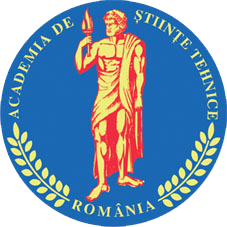
The Technical Sciences Academy of Romania was created on 17 October 1997, when its 27 founding members decided to revive the former Romanian Academy of Sciences, which had been disestablished in 1948, being merged into the Academy of the Romanian Popular Republic.

Kaunas University of Technology had its beginning on 16 February 1922, when the University of Lithuania and its technical faculties were established. The development of Lithuanian scientific ideas continued in the first Lithuanian independent technical school of higher education (in 1950–1990 titled Kaunas Polytechnic Institute (KPI)). It was famous for the ultrasound and vibrotechnics laboratories, and scientific research of textiles. In 1990 KTU regained its status of the university and took a path of rapid reforms of studies and research. The University continues to pursue sustainable partnership of science, business and industry, develops and implements new ideas, innovations and inventions.
